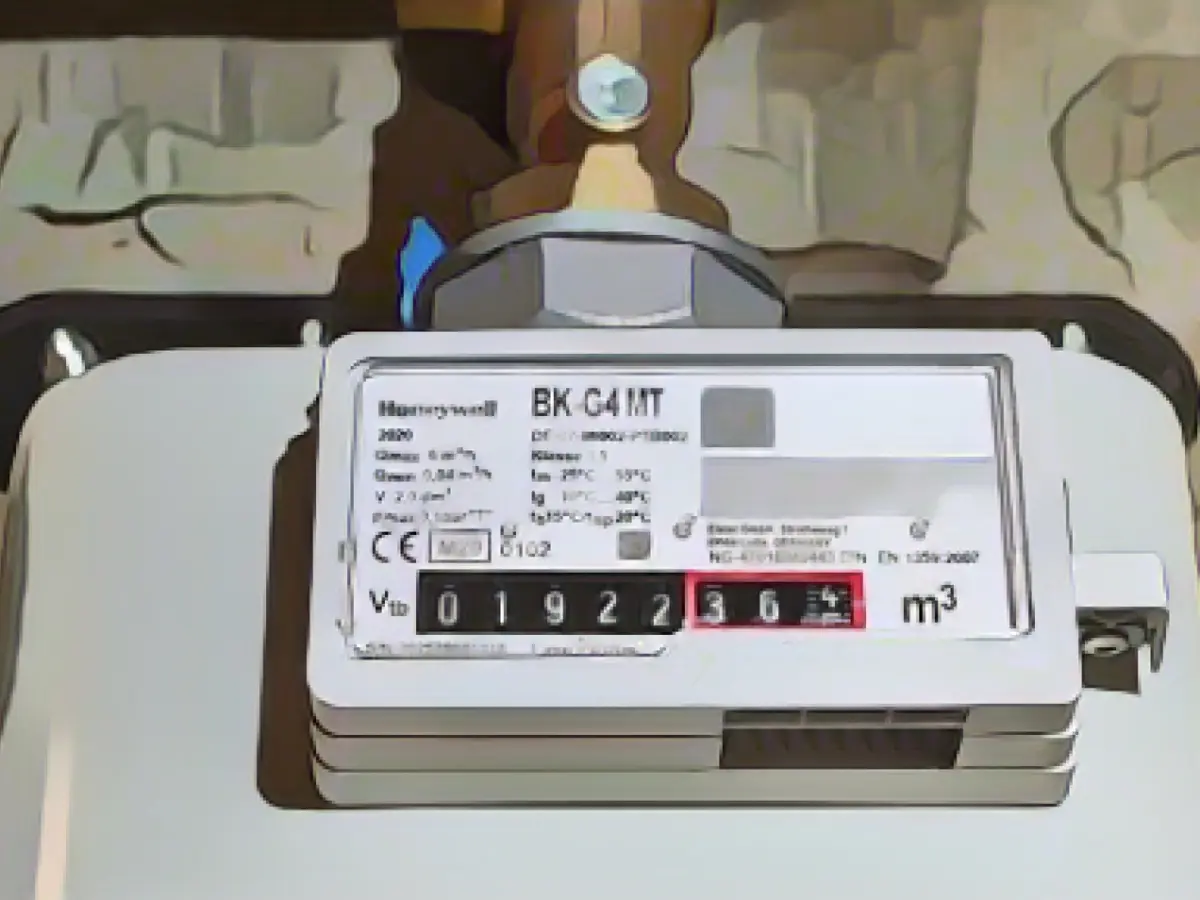Corporedate Woes in NRW on the Rise
In a striking turn of events, North Rhine-Westphalia (NRW) has witnessed a notable spike in corporate insolvencies. The latestfigures reveal a staggering 19% increase in September 2023, compared to the same month last year, as reported by the State Statistical Office. Yet, when compared to August 2023, the figure took a slight dip, dropping by almost 11%.
The Courts of North Rhine-Westphalia reported 398 corporate insolvencies for September 2023. In contrast, the number stood at 334 in September 2022, and August 2023 saw 446 insolvencies.
The unfortunate consequence of this rise in insolvencies is a notable increase in the number of employees affected. September 2023 saw 2560 affected employees, a rise of 41.9% compared to the same month in the previous year. There was also a 5% increase compared to August 2023.
Consumer insolvencies also saw a significant rise, surging by 18.3% compared to September 2022, with 1420 proceedings reported. However, a positive note is that there was a fall of almost 11% compared to August 2023.
The escalating number of corporate insolvencies in NRW could significantly impact the businesses operating within the region. The September 2023 statistics underline a challenging business environment.
Potential Causes and Impacts
Numerous factors contribute to the rising trend of corporate insolvencies in NRW, including:
- Economic Uncertainties: Weak demand in sectors such as automotive and IT can contribute to insolvencies.
- Financial Difficulties: Companies facing substantial financial challenges can lead to insolvencies, like Elaris, which was ordered into preliminary insolvency administration[1].
- Supply Chain Disruptions: Insolvencies and project postponements can create a backlog, which affects supply chains and overall economic activity.
The implications of these rising insolvencies could be far-reaching and include:
- Vacancy Rates: The increase in insolvencies and project postponements is expected to lead to higher vacancy rates in the office and industrial sectors, with projected increases, such as in Cologne (4%) and Frankfurt (over 10%)[2].
- Rental Market: Higher vacancy rates could lead to the stabilization of prime rents in some areas, while in others, like Munich and Hamburg, prime rents are expected to continue rising due to tight markets and low vacancy rates.
In conclusion, the rising trend of corporate insolvencies in North Rhine-Westphalia could exacerbate existing economic challenges, impacting sectors like offices, industrial, and logistics, and lead to potential long-term consequences.








